In racist rant, US senator says Iranians never act in ‘good faith’ as Farsi lacks phrase
In racist remarks toward the Iranian population and the people of other Farsi-speaking countries, a US senator has expressed doubt as to whether the phrase “good faith” exists in Farsi, saying he has never seen good faith on the part of Iranians.
The Republican senator, Jim Risch, made the remarks at a press conference as he railed against the Biden administration for trying to revive the 2015 agreement with Iran – a country that he demonized, along with Russia, as “two of our worst enemies on the planet.”
“Look, any dispute can be settled by two parties if there [are] two things present – you only need two things. Number one, you need a common objective. And number two, you need to have parties acting in good faith. You have neither with Iranians,” Risch said.
He claimed that the Iranians aim to acquire a nuclear weapon and time means nothing to them so long as they reach that objective.
“This is a population that has been around for thousands of years. 10 years, 15 years, 100 years doesn’t mean anything to them, as long as they can get to their objective and have a nuclear weapon.”
The hawkish senator further said: “And secondly, they need to be acting in good faith. Look, I don’t speak Farsi. If I did, I doubt I could use the words ‘good faith.’ I don’t know that they exist because I have never seen good faith on the part of the Iranians.”
Risch’s offensive remarks, which according to observers dehumanize an entire race, are not unprecedented in Washington. Back in 2013, then-US Undersecretary of State Wendy Sherman ignited a firestorm in Iran when she said “we know that deception is part of the [Iranian] DNA.”
Interestingly, Both Sherman and Risch made their racist comments when discussing Iran’s nuclear program, which has been the subject of decades of US-manufactured crisis despite Tehran’s assertions that it does not seek nuclear weapons.
The US senator added: “So, what do we do about this? Well, the first thing we need to do about this is walk away.”
At issue is the ongoing negotiations in Vienna to revive the Joint Comprehensive Plan of Action (JCPOA) by bringing the US back into full compliance with the accord four years after it unilaterally withdrew. The talks, reportedly in their final stages, were paused on Friday.
Several Republican lawmakers have vehemently criticized the Biden administration for trying to rejoin the JCPOA, vowing to exit the deal once again if a Republican is elected president.
The JCPOA, which went into effect in January 2016, promised Iran international sanctions reliefs in exchange for certain caps on its nuclear activities. However, Iranian officials have complained about repeated violations led by the United States since the first day the deal was implemented.
Tehran, however, fully honored its nuclear obligations under the JCPOA, as certified repeatedly by the UN nuclear watchdog, until May 8, 2019 – exactly a year after Washington’s unilateral withdrawal from the deal.
Since the Vienna talks were launched last April, the US has also continued to impose new sanctions against Iran, in what Tehran has censured as “bad faith” measures that could kill the prospects of a JCPOA revival.
Late on Thursday, the US released details of the seizure of two Iranian oil tankers, whose cargo was worth $38m, in the midst of the Vienna talks.
The vessels discharged their cargo in Houston and the Bahamas at the direction of US law enforcement, after they were seized as part of “an elaborate sanctions-busting scheme,” according to the AP.
Earlier this month, Biden extended a national emergency against Iran for another year, marking yet another act of bad faith since the talks began.
In recent weeks, as the talks progressed toward an agreement, Iranian officials stated on several occasions that a deal can be reached immediately if the US acted in “good faith.”
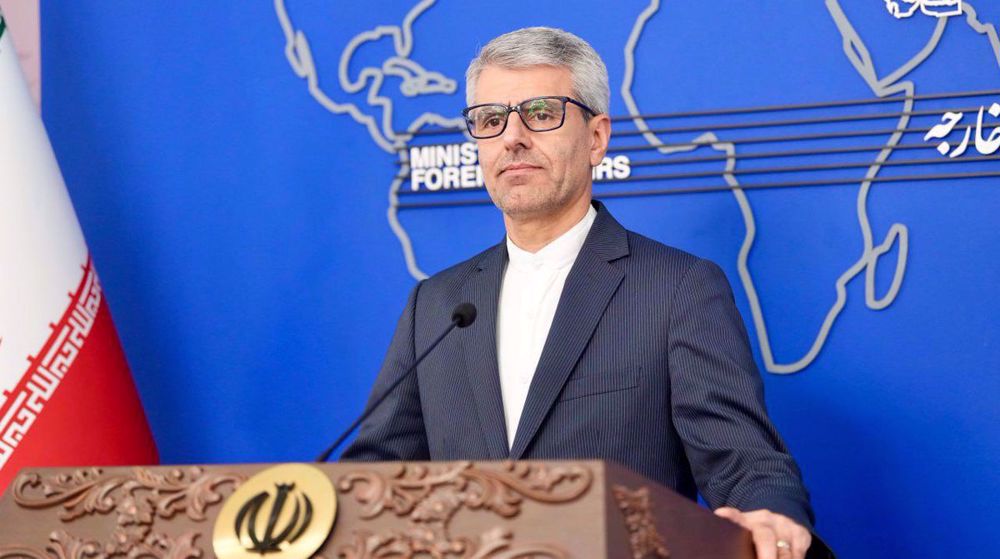
Iran dismisses UK accusation of threatening Britain’s national security
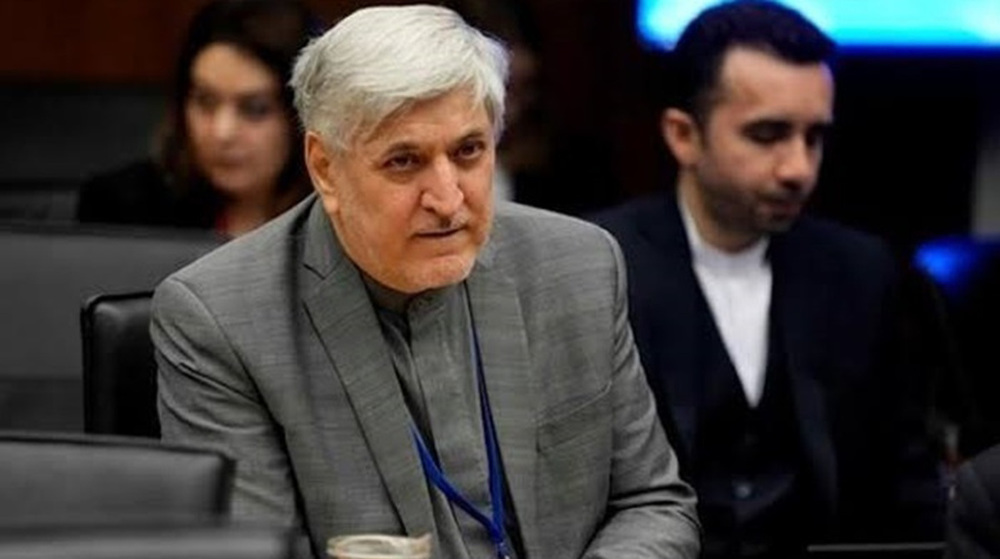
Iran’s IAEA envoy: West’s ‘ineffective’ pressure campaign to backfire
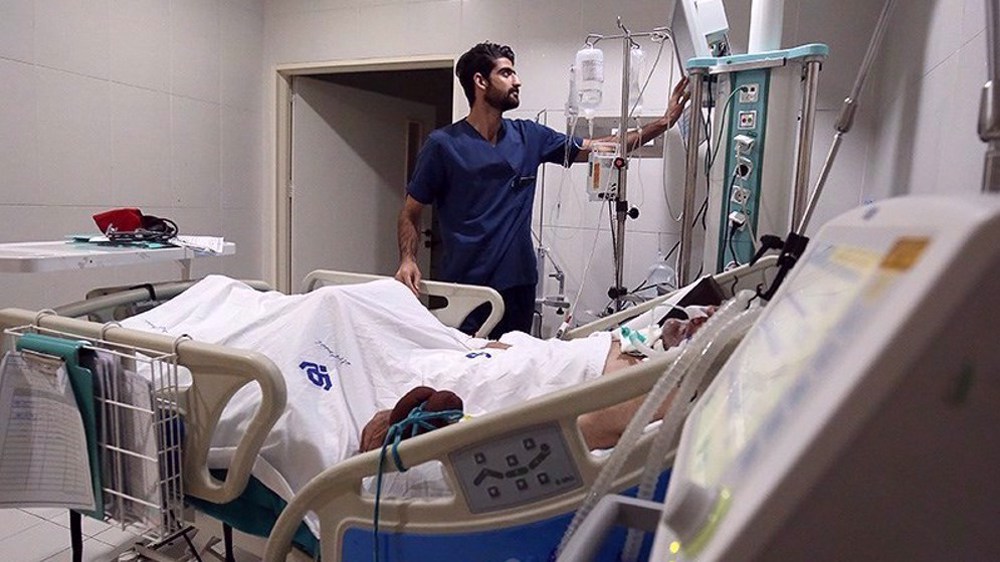
Iran court orders US to pay $12.6 billion to thalassemia patients
VIDEO | Multi-faith march on Congress condemns Trump’s treatment of poor
Iran slams Trump’s plan for forced displacement of Gazans as ‘political genocide’
‘New McCarthyism’: Pro-Palestine group denounces US Senate crackdown on Gaza protests
Trump issues death threats to Palestinians in Gaza, Hamas over Israeli captives
Israeli forces shoot Palestinian child in West Bank’s Nablus as setters raid Ariha village
VIDEO | Press TV's news headlines
VIDEO | Yemen says ready to shoot down more US drones
VIDEO | Trump’s tariffs: A threat to the world economy?


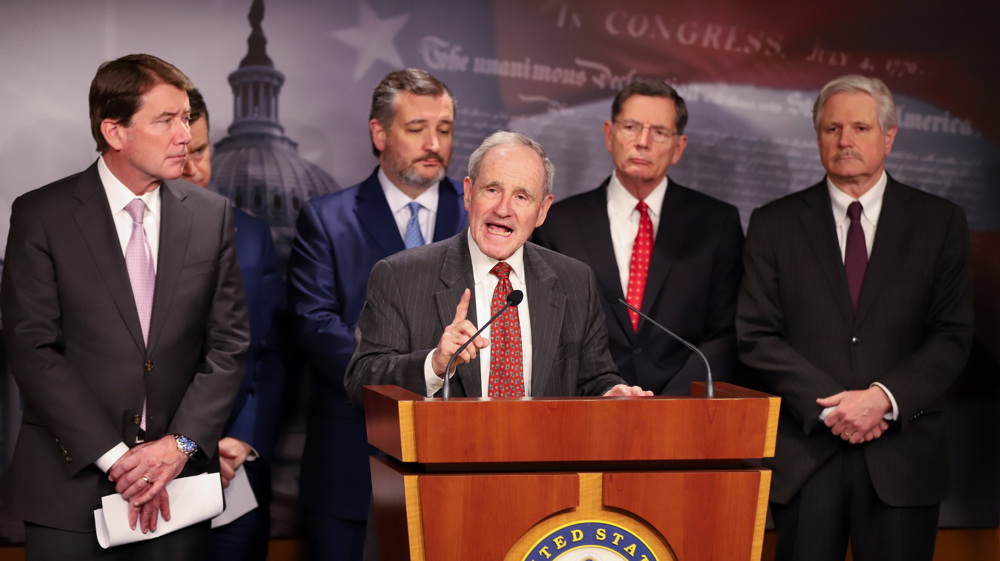
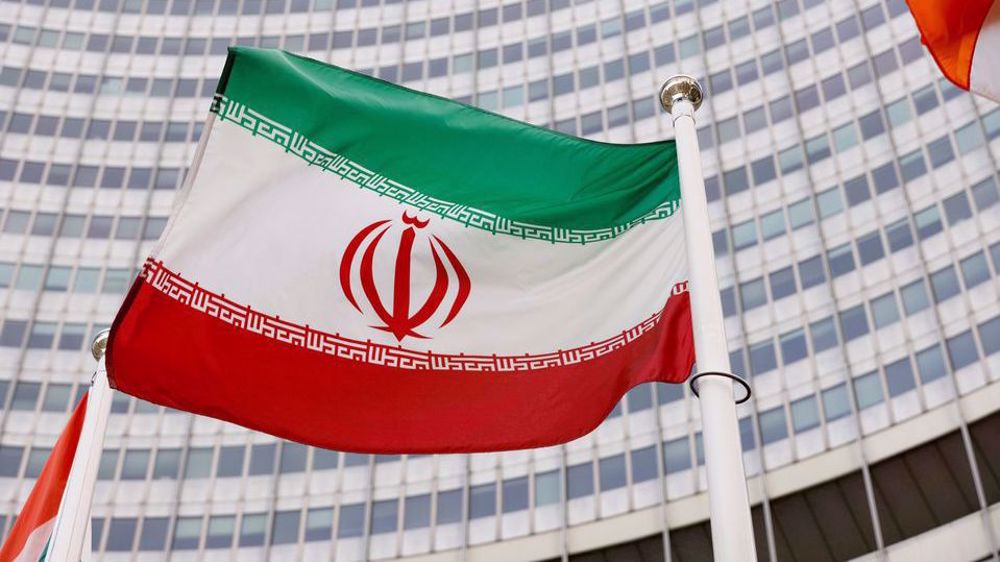
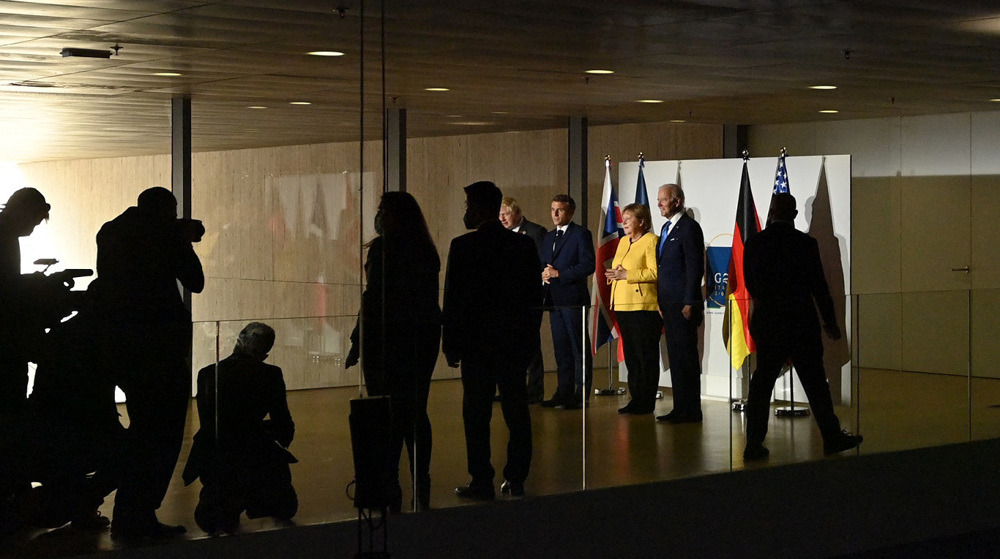



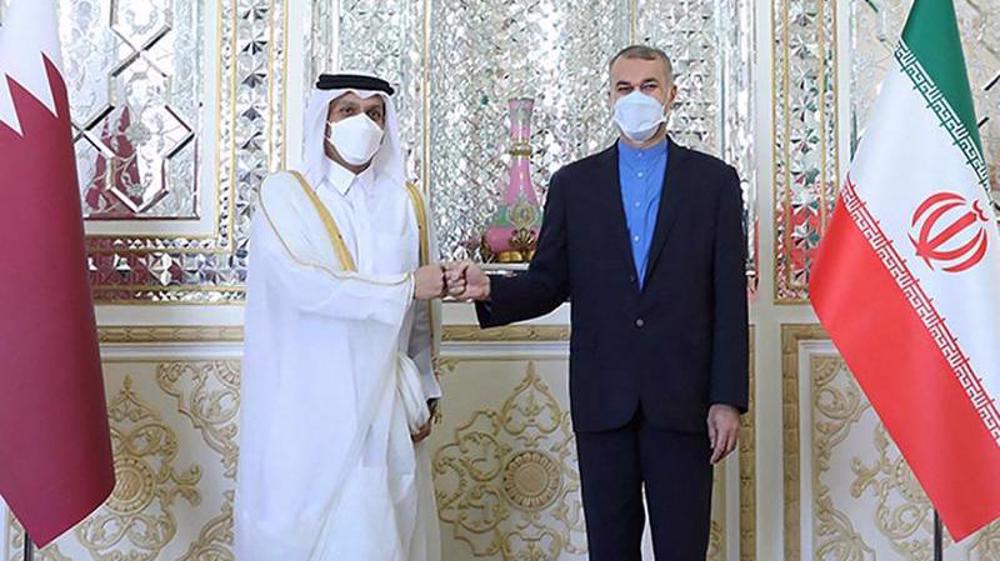
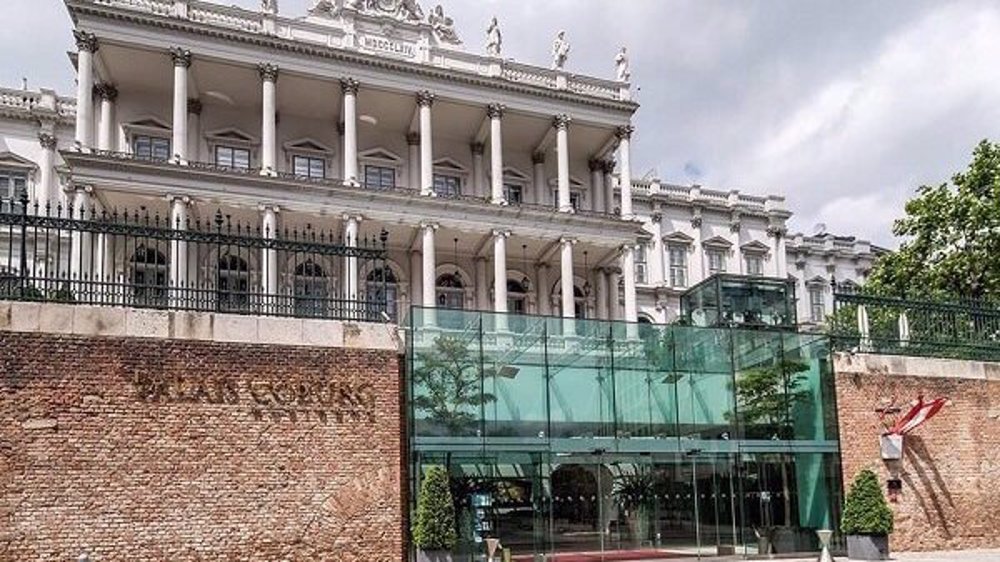
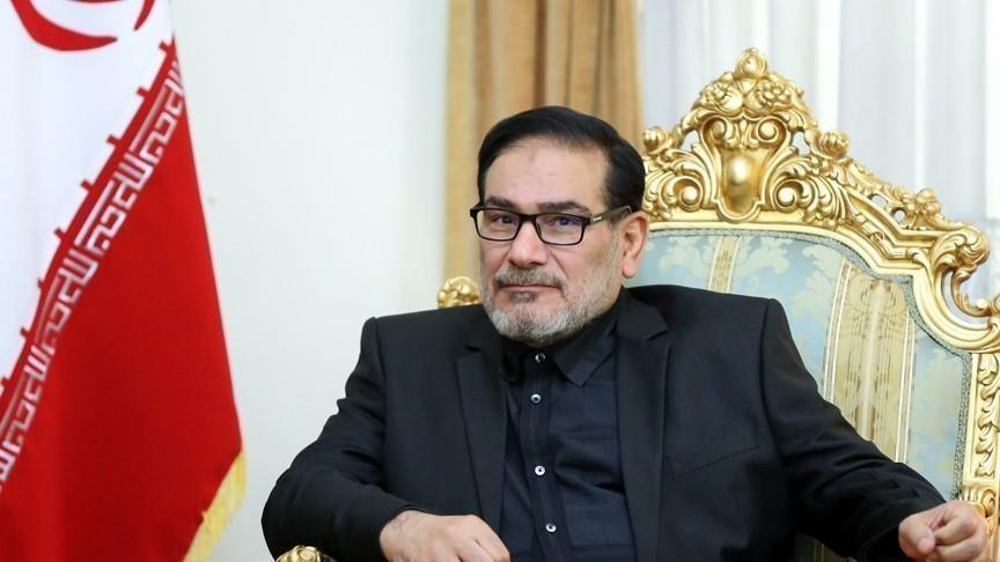
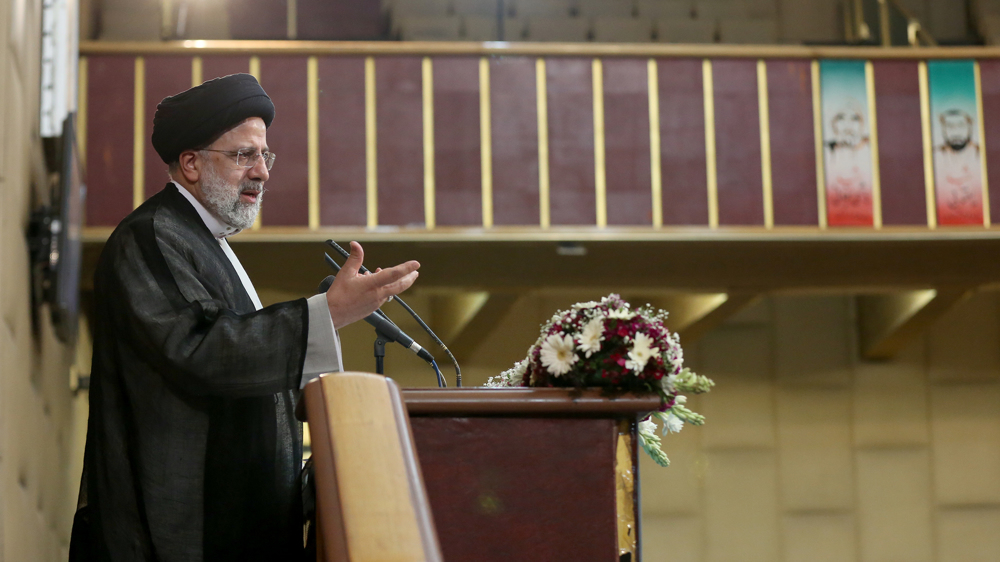
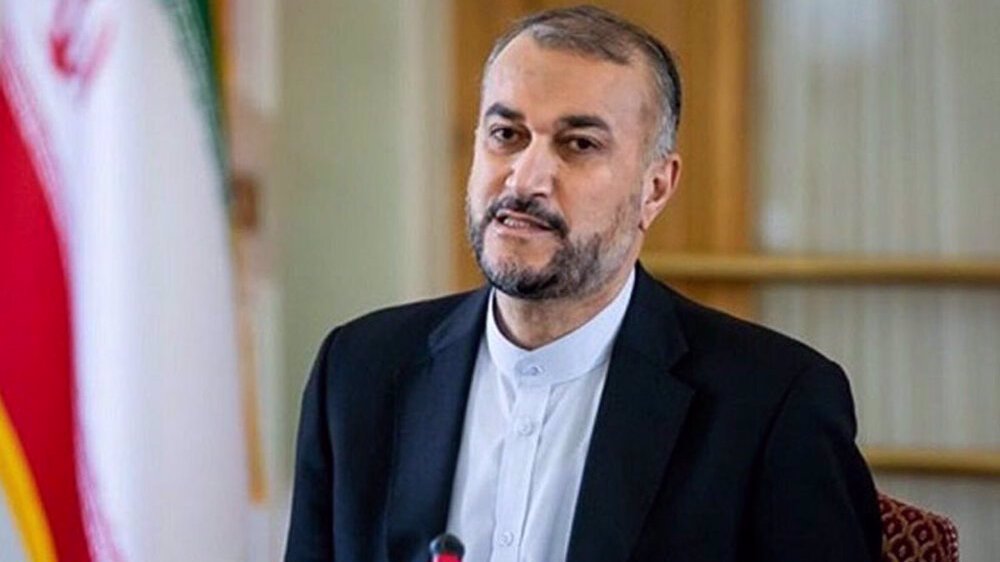
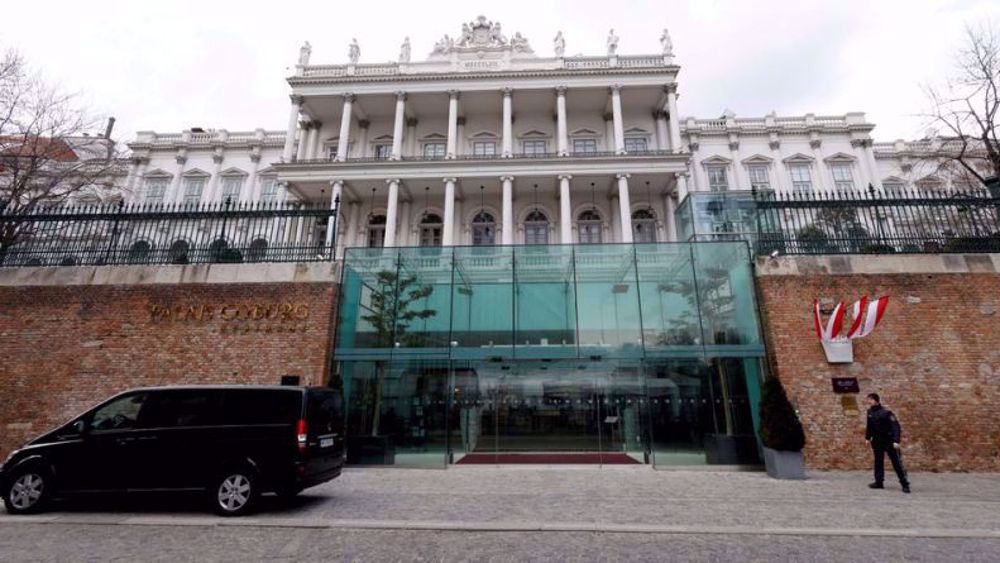

 This makes it easy to access the Press TV website
This makes it easy to access the Press TV website